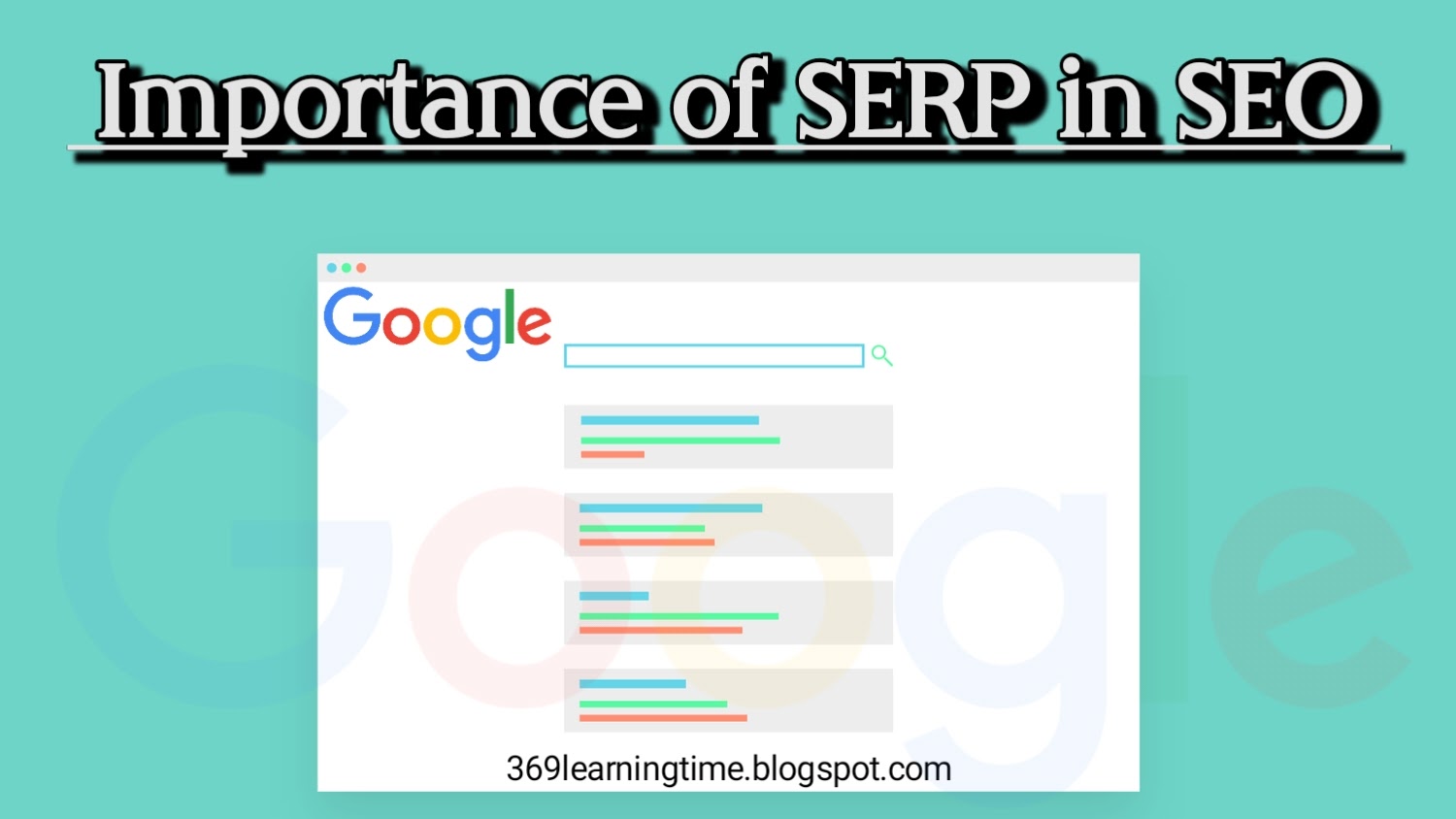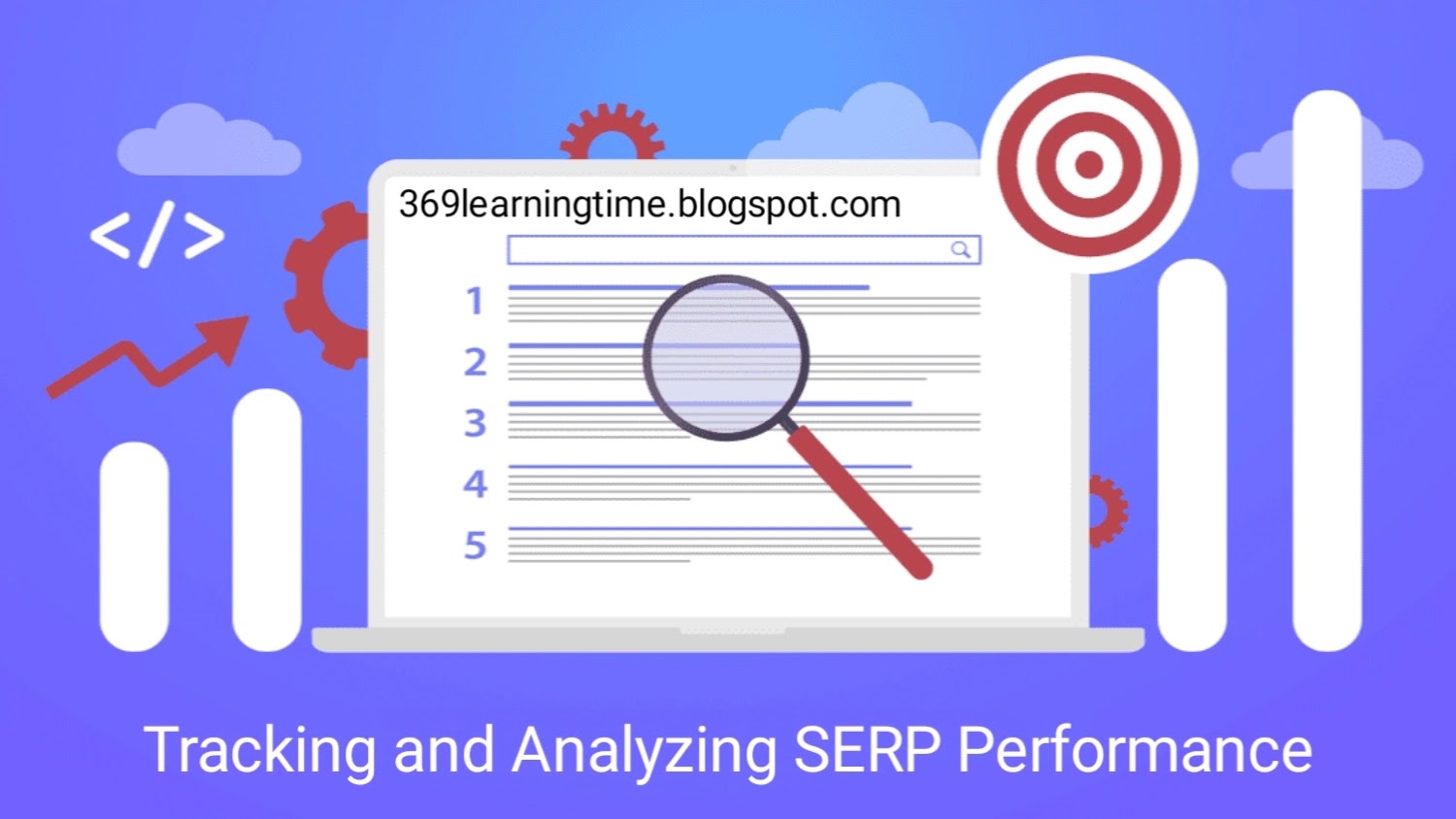In the ever-evolving world of search engine optimization (SEO), understanding the concept of SERP (Search Engine Results Page) is crucial. SERP refers to the page displayed by search engines after a user enters a search query. This article aims to shed light on the significance of SERP in SEO and explore the various factors influencing SERP rankings.
When you search for something on a search engine like Google or Bing, the results are presented to you in the form of a SERP. This page contains a list of relevant web pages, ads, and other elements that provide answers or solutions to your query. Each SERP is tailored to match the user's search intent, making it a crucial battleground for businesses and website owners aiming to increase visibility and drive organic traffic.
What is SERP?
SERP, an acronym for Search Engine Results Page, is the page displayed by search engines in response to a user's search query. It serves as a gateway between the user and the vast ocean of information available on the internet. The SERP provides users with a curated list of search results, aiming to deliver the most relevant and valuable content.
Components of SERP
A typical SERP consists of several components, each serving a specific purpose in delivering search results. Understanding these components is essential for optimizing web pages to enhance visibility and click-through rates.
1. Organic Results
The organic results section occupies a significant portion of the SERP and consists of web pages that are algorithmically ranked by the search engine based on their relevance and authority. These results are free and non-promotional, making them highly sought after by website owners.
2. Paid Results
Paid results, often referred to as ads or sponsored listings, are displayed prominently at the top or bottom of the SERP. Advertisers bid on specific keywords, and their ads are displayed when those keywords match a user's search query. Paid results provide an opportunity for businesses to gain immediate visibility, albeit at a cost.
3. Featured Snippets
Featured snippets are concise snippets of information extracted from web pages that aim to directly answer a user's query. These snippets are displayed above the organic results, increasing the chances of attracting clicks and establishing credibility.
4. Knowledge Graph
The knowledge graph is a valuable addition to the SERP, providing instant answers to factual queries. It displays relevant information in a concise format, such as key facts, definitions, and related entities, enhancing the user experience by reducing the need to click through to web pages.
Importance of SERP in SEO
Understanding the importance of SERP in SEO is vital for businesses and website owners aiming to improve their online presence and drive organic traffic. Here are some key reasons why SERP plays a crucial role in SEO strategies:
1. Visibility and Click-through Rates
A high ranking on the SERP translates to increased visibility and higher click-through rates. Users are more likely to click on web pages that appear at the top of the results, making it essential for businesses to secure top positions to capture valuable organic traffic.
2. Branding and Trust
Appearing on the SERP not only boosts visibility but also contributes to building brand recognition and trust. Users perceive websites that rank higher as more reputable and trustworthy, leading to increased brand awareness and potential conversions.
3. Competition and Ranking
SERP rankings are highly competitive, with countless websites vying for the top positions. Achieving and maintaining a favourable ranking requires consistent effort, as search engines continuously update their algorithms to deliver the best possible results to users.
Factors Influencing SERP Rankings
Several factors influence a website's SERP rankings. By optimizing these factors, website owners can improve their chances of securing top positions and gaining a competitive edge. Here are some key factors to consider:
1. On-page Optimization
On-page optimization involves optimizing various elements within a web page to make it more search-engine friendly. This includes optimizing title tags, meta descriptions, headings, and content to align with relevant keywords and provide a seamless user experience.
2. Backlinks
Backlinks, or incoming links from other websites, are an essential signal for search engines to determine the authority and relevance of a web page. High-quality backlinks from reputable sources can significantly impact SERP rankings.
3. Mobile-Friendliness
With the increasing use of mobile devices, search engines prioritize mobile-friendly websites. Responsive design, fast loading times, and a seamless mobile user experience are vital for securing favourable SERP rankings.
4. Page Speed
Page speed is a critical factor that influences both user experience and SERP rankings. Websites that load quickly are more likely to rank higher on the SERP, as search engines aim to deliver a fast and seamless browsing experience to users.
Strategies to Improve SERP Rankings
Improving SERP rankings requires a comprehensive approach that combines various strategies and techniques. Here are some effective strategies to enhance your website's visibility on the SERP:
1. Keyword Research and Optimization
Thorough keyword research is the foundation of a successful SEO strategy. Identifying relevant keywords and incorporating them strategically within your content can help improve your website's relevance and visibility on the SERP.
2. Quality Content Creation
Creating high-quality and informative content is paramount for ranking well on the SERP. Engaging and well-structured content that meets user intent not only attracts organic traffic but also enhances your website's authority and credibility.
3. Technical SEO
Technical SEO involves optimizing various technical aspects of your website, such as site structure, URL structure, sitemaps, and schema markup. Ensuring a technically sound website improves crawl ability and indexability, positively impacting SERP rankings.
4. User Experience Optimization
A positive user experience is crucial for retaining visitors and improving SERP rankings. Optimizing website navigation, improving page load speed, and ensuring mobile-friendliness contribute to a seamless user experience.
Tracking and Analyzing SERP Performance
Tracking and analyzing your website's performance on the SERP is essential for measuring the effectiveness of your SEO efforts. Utilize tools like Google Analytics and Search Console to monitor key metrics such as organic traffic, click-through rates, and keyword rankings. The regular analysis allows you to identify areas for improvement and make data-driven decisions.
Conclusion
SERP plays a pivotal role in the field of SEO, influencing website visibility, click-through rates, and overall online success. Understanding the components of SERP, its importance in SEO strategies, and the factors that influence SERP rankings empowers website owners to optimize their web pages effectively and increase their chances of attracting organic traffic.
Rate This Article
Thanks for reading: What is SERP in SEO? Understanding its Importance for Online Rankings, Stay tune to get latest Blogging Tips.

.webp)

